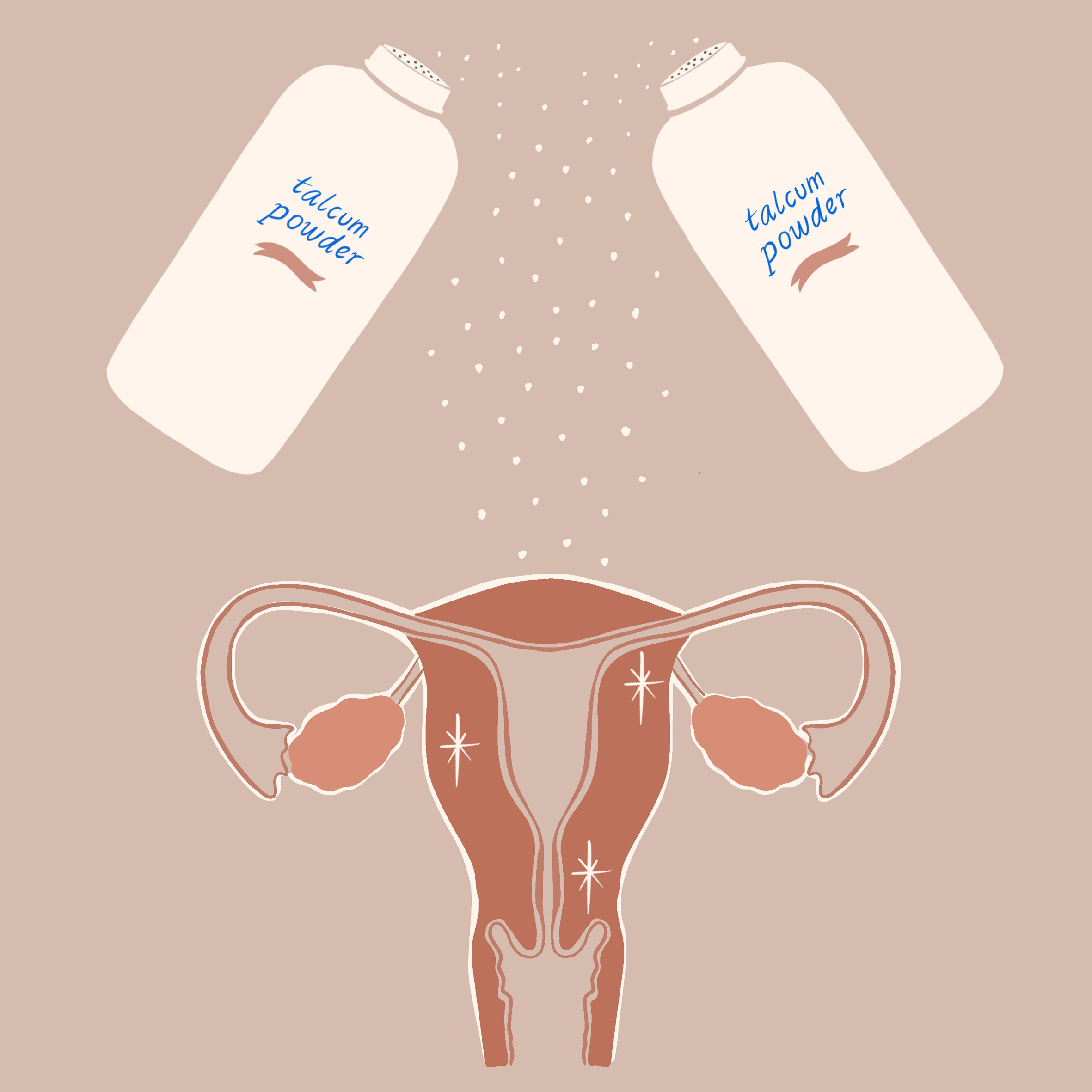Last month, 22 women won a legal case alleging Johnson & Johnson's talcum powder led to the development of ovarian cancer. The result of the talcum powder case, awarding $4.69 billion in damages, is the sixth-largest product defect jury verdict in U.S. history.
On July 11, the St. Louis jury unanimously agreed the presence of asbestos in talcum powder influenced development of ovarian cancer. It was the first in a slew of talcum powder ovarian cancer cases to focus on asbestos content.
Medical experts at the trial testified that asbestos, a known carcinogen, is found with mineral talc, the primary ingredient in Johnson & Johnson's Baby Powder and Shower to Shower products. Asbestos fibers and talc particles were also found in ovarian tissues of the women filing suit.
Here's why it's groundbreaking:
• Each woman is set to receive $25 million in compensation.
• The jury's decision was unanimous.
• The largest U.S. jury award in 2018.
• The sixth-largest product defect jury verdict U.S. history.
Six of the 22 women included in the case died from ovarian cancer. Five women are from Missouri and others are from Arizona, New York, North Dakota, California, Georgia, the Carolinas and Texas.
Krystal Kim, a 53-year-old Pennsylvania woman, told Reuters she had been using the talc-based powder since childhood. She used talc powder on "bed sheets, carpets, her hair, face and body and even on her dog," according to Reuters.
A significant aid in passing judgment was that this case was the first suit where jurors saw documents showing that Johnson & Johnson knew its products contained asbestos and didn't warn consumers, the St. Louis Post-Dispatch reported.
The jury awarded the plaintiffs $4.14 billion in punitive damages as well as $550 million in compensatory damages after six weeks in the St. Louis Circuit Court. However, Johnson & Johnson may issue an appeal due to a 2017 Supreme Court decision restricting how injury lawsuits are filed against out-of-state companies, according to Reuters.
Johnson & Johnson called the verdict unfair because the women sued the company in Missouri despite many plaintiffs living elsewhere, but did not directly deny asbestos presence in the talcum powder. The company has been sued by over 9,000 women who used Johnson & Jonson's products and later developed ovarian cancer.
